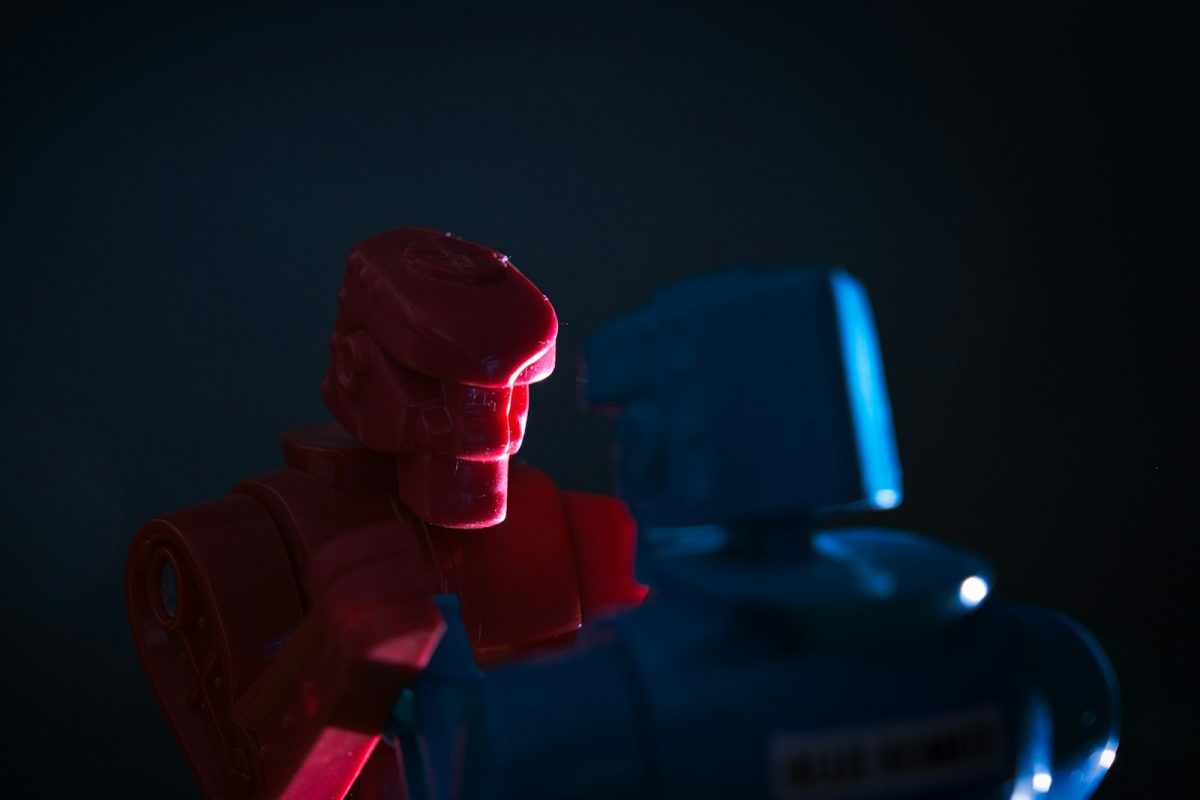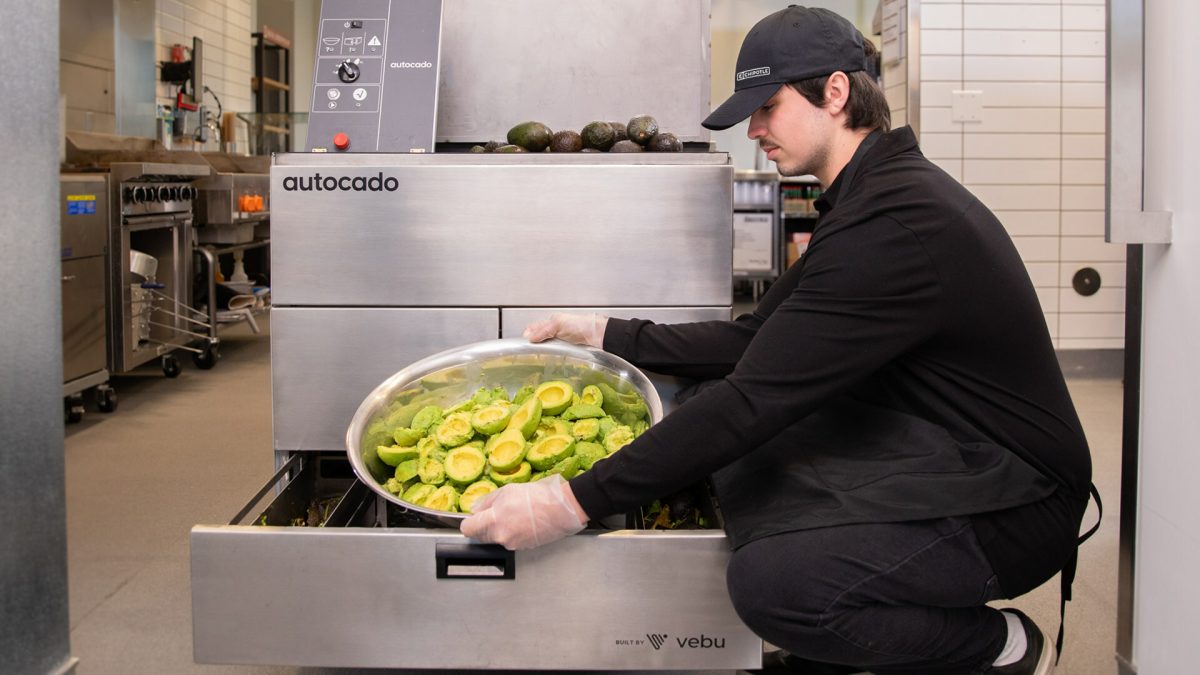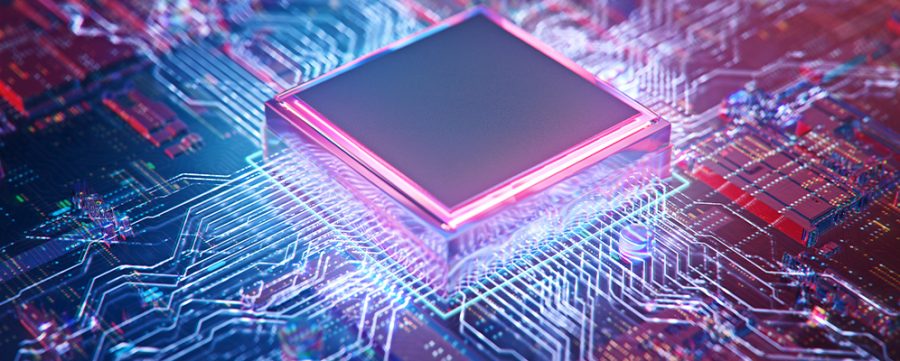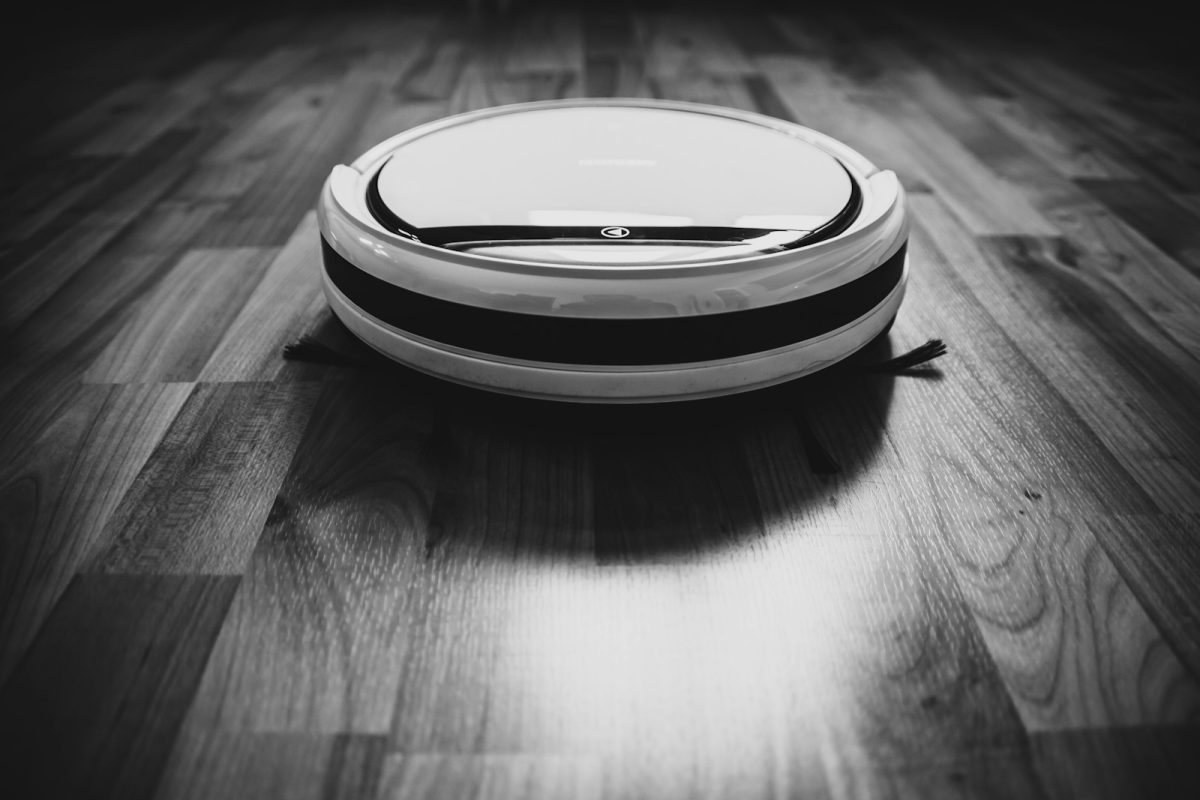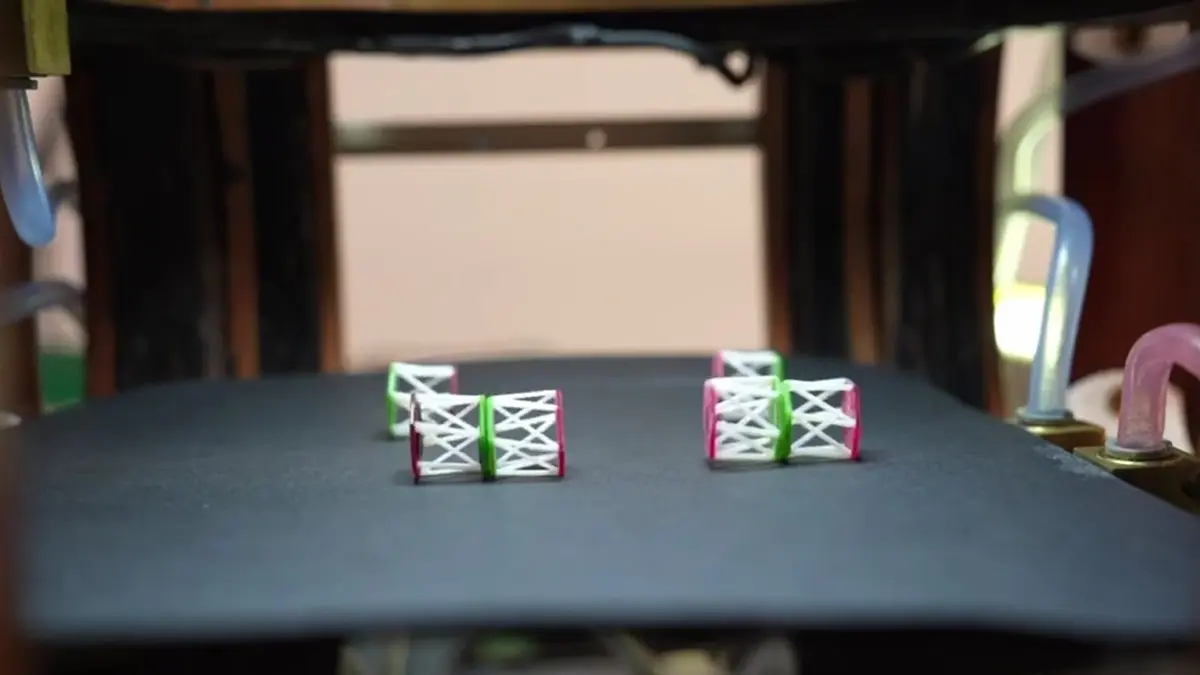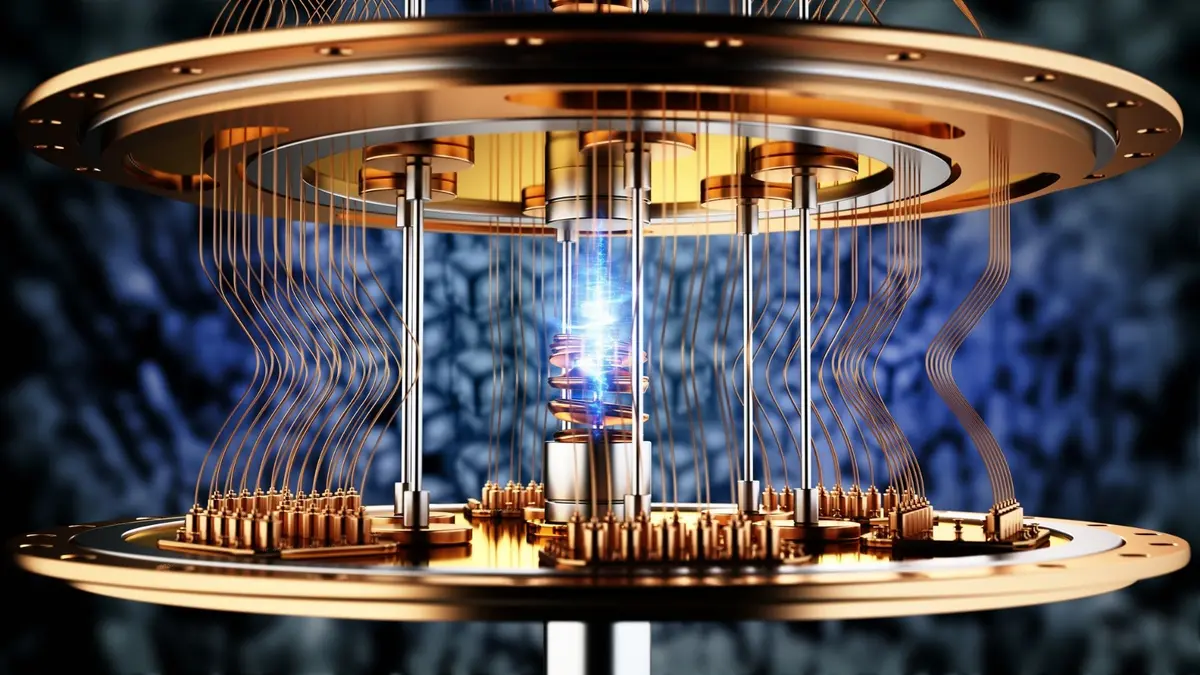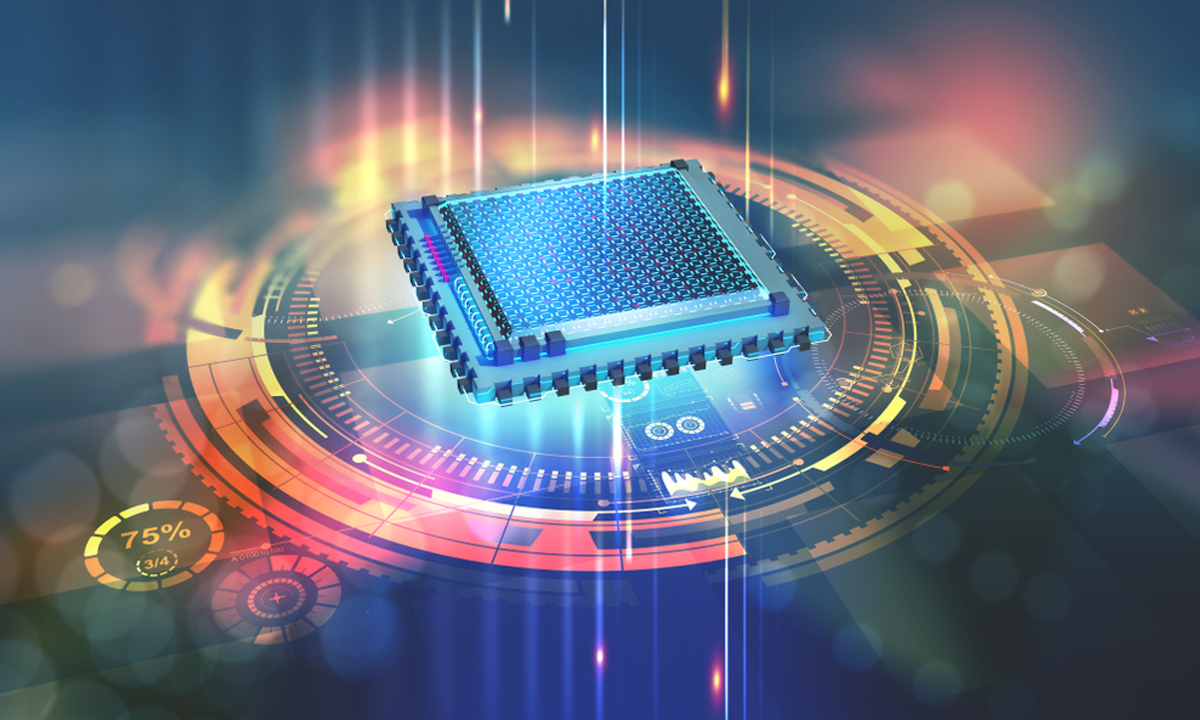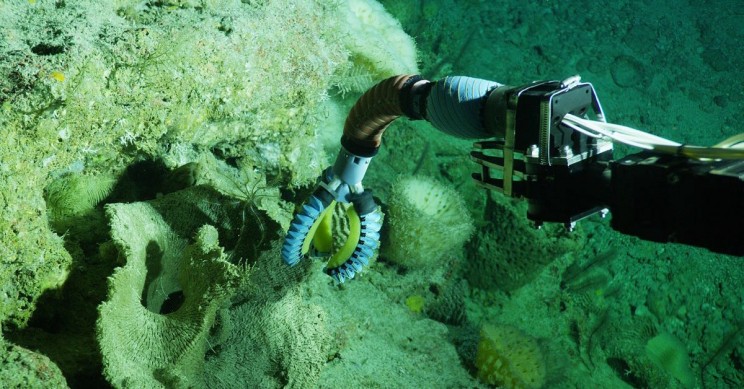Automation
The category “Automation” covers anything related to automatically controlled operation of things, processes or systems by mechanical and/or electronic devices that take the place of human labor.
The CEO of Duolingo Changes their Human employees with AI
The world's smartest, most athletic robots are coming together for one reason: To fight and win a boxing competition.
We've all used apps in our life before, but have you ever wondered how to create your own app? If you have this is the perfect step-by-step guide for you.
AI is revolutionizing the animation industry, it is more efficient than having multiple people work on it at a time. Which also saves budget.
Chipotles is partnering with VEBU to test there all new prototype, the Autocado. The Autocado is Chipotle's new avocado prepping robot.
These new Quantum Computers are extremely powerful and with their new technology they are more powerful than ever before.
Robot vacuums are the new simple way to clean your floors.
Robots that shapeshift without gears and motors. Metabots a cool material that is a robot and a material.
What if we could hear the universe's first moments? New 4D Quantum Sensors might help scientists discover how time and space were born.
Samsung and Google have partnered to build a smart home robot named Ballie, a small, rolling ball that’s powered by artificial intelligence (AI). Ballie is designed to move around your home and assist with daily tasks.
Recent research from Google reveals that quantum computers are advancing at an alarming rate and could challenge the security of Bitcoin and other crypto systems far sooner than experts anticipated.
Dive into the exciting world of underwater robotics with SeaPerch! Students learn essential engineering skills by building their own remotely operated vehicles from affordable materials. They then put their creations to the test in aquatic challenges, all while gaining awareness of critical environmental issues.
Load More Stories
